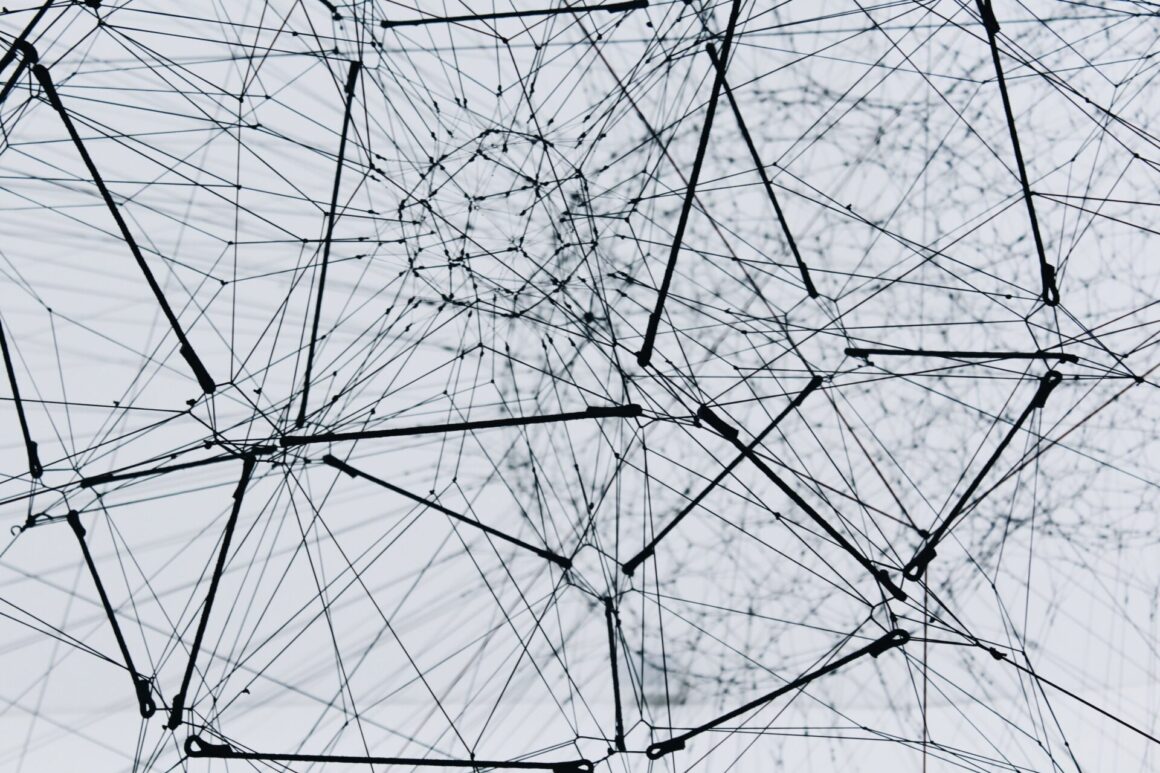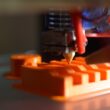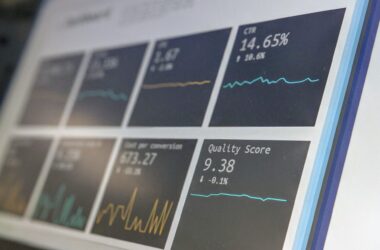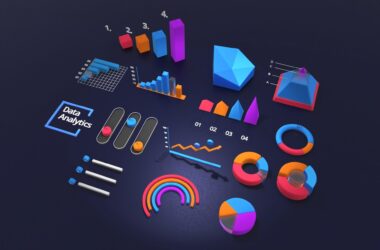Introduction:
In our modern digital age, the explosion of data has revolutionized the way we interact, make decisions, and conduct business. Every click, purchase, social media post, or sensor reading generates a vast amount of information. This abundance of data has led to a paradigm shift known as “datafication,” transforming our world into one where data is the lifeblood that fuels innovation, insights, and success. In this blog post, we will delve into the concept of datafication, explore its significance across various industries, and discuss its implications for individuals and society at large.
Understanding Datafication:
Datafication refers to the process of transforming various aspects of our lives and the physical world into digital data that can be collected, analyzed, and utilized. It encompasses the conversion of tangible and intangible activities, behaviors, and events into quantifiable information. With the proliferation of digital devices, interconnected systems, and advanced analytics techniques, datafication has become an integral part of our daily routines.
The Rise of Datafication:
The rise of datafication has been fueled by a convergence of technological advancements, the proliferation of IoT devices and sensor networks, the ubiquity of social media and online platforms, and the digitization of various processes. These factors have ushered in a new era where data has become the lifeblood of our interconnected world. Technological breakthroughs have enabled the collection and processing of massive amounts of data, while the interconnectivity of devices has generated an unprecedented volume of information. As a result, datafication has emerged as a transformative force, converting tangible and intangible aspects of our lives into digital data that can be harnessed for insights, decision-making, and innovation. In this section, we will explore the key drivers behind the rise of datafication and how they have reshaped our society and industries.
- Technological Advancements: The development of powerful computing systems, cloud storage, and high-speed internet connections has enabled the collection and processing of massive amounts of data in real-time.
- IoT and Sensor Networks: The proliferation of Internet of Things (IoT) devices and sensor networks embedded in everyday objects, ranging from smartphones and wearables to vehicles and household appliances, has exponentially increased data generation.
- Social Media and Online Platforms: Social media platforms, e-commerce websites, and online services capture user interactions, preferences, and behaviors, amassing vast volumes of data that can be leveraged for targeted advertising, personalized experiences, and business intelligence.
- Digitization of Processes: Many physical processes and analog workflows have been digitized, creating digital footprints that can be collected, stored, and analyzed to enhance efficiency, identify patterns, and improve decision-making.
Implications of Datafication:
The implications of datafication are profound and far-reaching, touching numerous aspects of our personal and professional lives. As our world becomes increasingly digitized, datafication has the power to reshape industries, transform decision-making processes, and revolutionize the way we interact with technology. While datafication offers immense benefits, such as enabling data-driven insights, personalized experiences, and enhanced efficiency, it also raises significant concerns regarding privacy, security, bias, and ethics. In this section, we will delve into the implications of datafication across various domains, exploring both the advantages it brings and the challenges it presents, and examine how society can navigate this data-driven landscape responsibly.
Pros of Datafication:
- Business and Innovation: Datafication provides valuable insights into customer behavior, market trends, and operational efficiency, empowering businesses to make data-driven decisions, personalize customer experiences, and create innovative products and services.
- Healthcare and Personalized Medicine: Through datafication, healthcare providers can leverage patient data, genetic information, and medical research to develop personalized treatment plans, improve diagnostics, and enhance overall healthcare outcomes.
- Smart Cities and Urban Planning: Datafication enables the development of smart cities by leveraging data from various sources such as traffic sensors, surveillance cameras, and environmental monitoring systems. This data can be used to optimize resource allocation, improve traffic management, and enhance sustainability.
- Education and Learning Analytics: Datafication in education helps educators analyze student performance, identify learning gaps, and personalize instruction. It also enables the development of adaptive learning platforms and provides insights into educational trends and curriculum development.
Cons of Datafication:
- Privacy and Security Concerns: The vast amount of personal data generated through datafication raises concerns about privacy, data security, and the potential for misuse or unauthorized access. Safeguarding sensitive information and ensuring secure data practices are essential.
- Bias and Discrimination: Datafication can perpetuate biases and discrimination if the data collected and analyzed reflects existing societal inequalities. The reliance on historical data can reinforce biases and lead to unfair decision-making, particularly in areas like hiring, lending, and law enforcement.
- Digital Divide: Datafication can exacerbate existing inequalities and create a digital divide, as access to technology, connectivity, and digital literacy becomes critical for benefiting from data-driven insights. Ensuring equal access and opportunities for all is crucial.
- Ethical Use of Data: The ethical use of data becomes crucial in datafication. Issues like consent, data ownership, transparency, and responsible data governance need to be addressed to ensure that data is used ethically and for the benefit of individuals and society.
Conclusion:
Datafication has transformed the way we perceive, analyze, and interact with the world around us. By harnessing the power of data, organizations can gain valuable insights, optimize operations, and innovate in ways that were previously unimaginable. However, as datafication continues to reshape various sectors, it is essential to strike a balance between harnessing the potential benefits and addressing the associated challenges. Embracing responsible data practices, ensuring data privacy, and promoting transparency are crucial for building a future where datafication works in harmony with societal well-being. By navigating the pros and cons of datafication thoughtfully, we can unlock its full potential and drive positive change in our increasingly data-driven world.
We would love to hear your thoughts and insights on the topic of datafication. How do you perceive the rise of datafication in today’s digital world? What are your views on its potential benefits and drawbacks? Do you have any personal experiences or observations related to datafication in your industry or daily life? Feel free to share your opinions, questions, or examples in the comment section below. Your input will contribute to a vibrant discussion and help us gain a deeper understanding of the multifaceted implications of datafication. We look forward to reading your comments!









